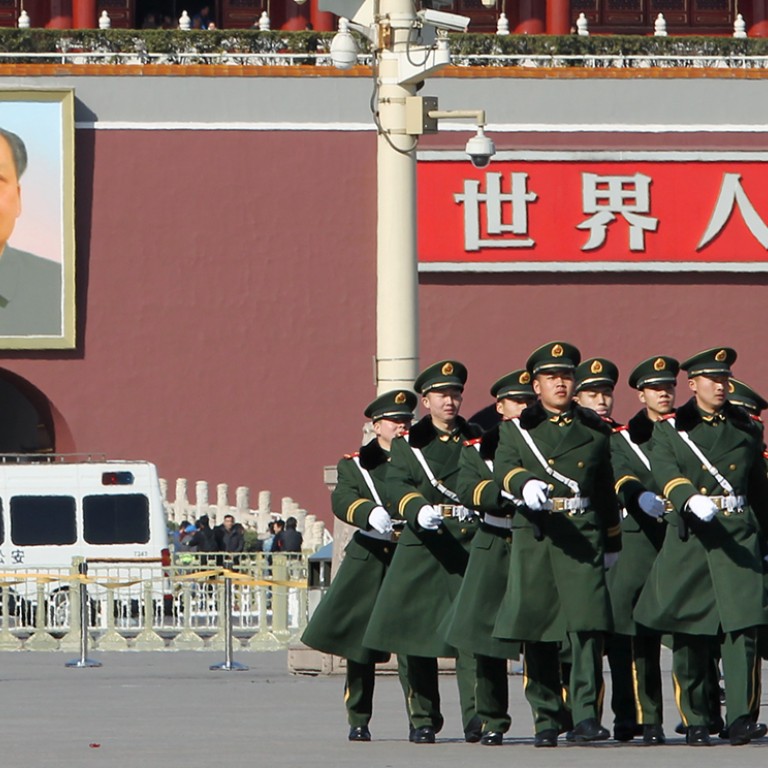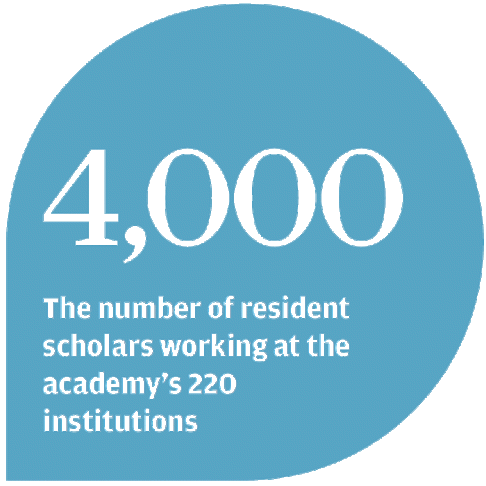
Chill wind blows through Chinese Academy of Social Sciences
While the government has poured energy and money into developing its science institute, some professors of philosophy and social sciences feel they are under fire.
While the government has poured energy and money into developing its science institute, some professors of philosophy and social sciences feel they are under fire.

The academy has long been seen as a stronghold of the mainland's Marxist-Leninist ideologues and a propaganda tool of the Communist Party. But it's also well respected. It is considered one of the world's largest research institutes for social sciences in terms of personnel and physical resources.
More than 4,000 resident scholars - many of them China's best and brightest - work at the academy's 39 research institutes, 180 research centres and one graduate school.
In June the party criticised CASS scholars for not hewing to the party's ideological or political beliefs.
Zhang Yingwei, head of the party's discipline inspection office at CASS, said the academy had been "infiltrated by foreign forces" and "was conducting illegal collusion at politically sensitive times". He also said it had been using academic research as a guise for other purposes and using the internet to promote theories that played into the hands of foreign powers.
Last month, Zhao Shengxuan, vice-president and deputy party chief of CASS, was quoted in the as saying the academy would "treat political discipline as a criterion of the utmost importance in the assessment of academics".
Party leaders fear the spread of liberal ideas, which run counter to communist orthodoxy, will undermine the party's rule. Analysts said the latest criticism showed the leadership's unease with the increasing openmindedness of academics.
"As the new leadership pushes forward reforms, there might be a higher sense of regime insecurity within the Communist Party, especially among conservatives and new leftists," said Xiaoyu Pu, professor of political science at the University of Nevada, Reno, in the United States.
Privately, some scholars at CASS said the recent developments had already sent a psychological chill through intellectual circles. The scholars said they were particularly concerned about the accusation of "foreign infiltration" because many had developed research relationships with foreign counterparts.
Some scholars publicly expressed concern that the tightening of ideological controls would distract from their academic research.
Analysts said the development was part of President Xi Jinping's sweeping ideological campaign to target liberal intellectuals and represented a crackdown on political dissent.
Zhang Ming, a professor of political science at Renmin University in Beijing, said the party was fearful of Western influences over top scholars. Zhang cited a party document last year which banned academic research on seven taboo subjects, including universal values, press freedom, civil society, judicial independence and human rights.
Pu said the Chinese government might want CASS to serve both as a propaganda tool and a real think tank. But in reality, there was an inherent tension between the two roles.
"The propaganda role might pose a problem for CASS to serve as a real think tank, because limitations on freedom will reduce scholars' creativity," Pu said.

